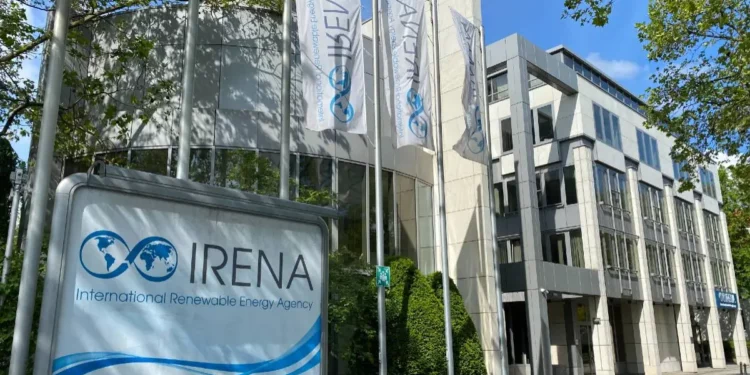Renewable Energy Growth Falls Short of COP28 Target, IRENA Warns
The world is at risk of missing its ambitious goal to triple renewable energy capacity by 2030, according to a new report from the International Renewable Energy Agency (IRENA). Despite record growth in the sector, current rates of expansion are insufficient to meet the target set at the COP28 climate conference in Dubai.
IRENA’s “Renewable Energy Statistics 2024” report, released today, reveals that renewable capacity must grow at a minimum annual rate of 16.4% through 2030 to achieve the 11.2 terawatt (TW) goal outlined in the agency’s 1.5°C scenario. This required growth rate significantly exceeds the unprecedented 14% increase seen in 2023.
Francesco La Camera, IRENA’s Director-General, described the findings as a “wake-up call” for policymakers and industry leaders. “Renewable energy has been increasingly outperforming fossil fuels, but it is not the time to be complacent,” he stated. “If we continue with the current growth rate, we will only face failure in reaching the tripling renewables target agreed in the UAE Consensus at COP28.”
The report highlights a stark reality: even if last year’s record 14% growth rate continues, the world will fall short of the 2030 target by 1.5 TW, or 13.5%. More concerningly, if expansion reverts to the historic annual growth rate of 10%, renewable capacity would reach only 7.5 TW by 2030, missing the mark by nearly one-third.
COP28 President Dr Sultan Al Jaber emphasised the need for urgent action, calling for “increasing collaboration between governments, the private sector, multilateral organisations, and civil society.” He advocated for explicit renewable energy targets, streamlined permitting processes, and policies to incentivise private sector investment.
The IRENA report also underscores persistent regional disparities in renewable energy deployment. While Asia maintains its leadership in global renewable power generation, followed by North America, Africa’s growth remains modest despite its vast potential. To address this imbalance, IRENA is advancing initiatives such as the Accelerated Partnership for Renewables in Africa (APRA).
As the renewable energy sector grapples with these challenges, the financial implications are significant. Meeting the 2030 target will require substantial increases in investment and likely create opportunities across the renewable energy value chain. However, the risk of falling short could have far-reaching consequences for global climate goals and the transition to a low-carbon economy.
With just seven years remaining to meet the COP28 target, the pressure is mounting on governments and industry to accelerate the renewable energy transition. As IRENA’s report makes clear, nothing short of a dramatic acceleration in deployment will suffice to meet the world’s climate ambitions.








